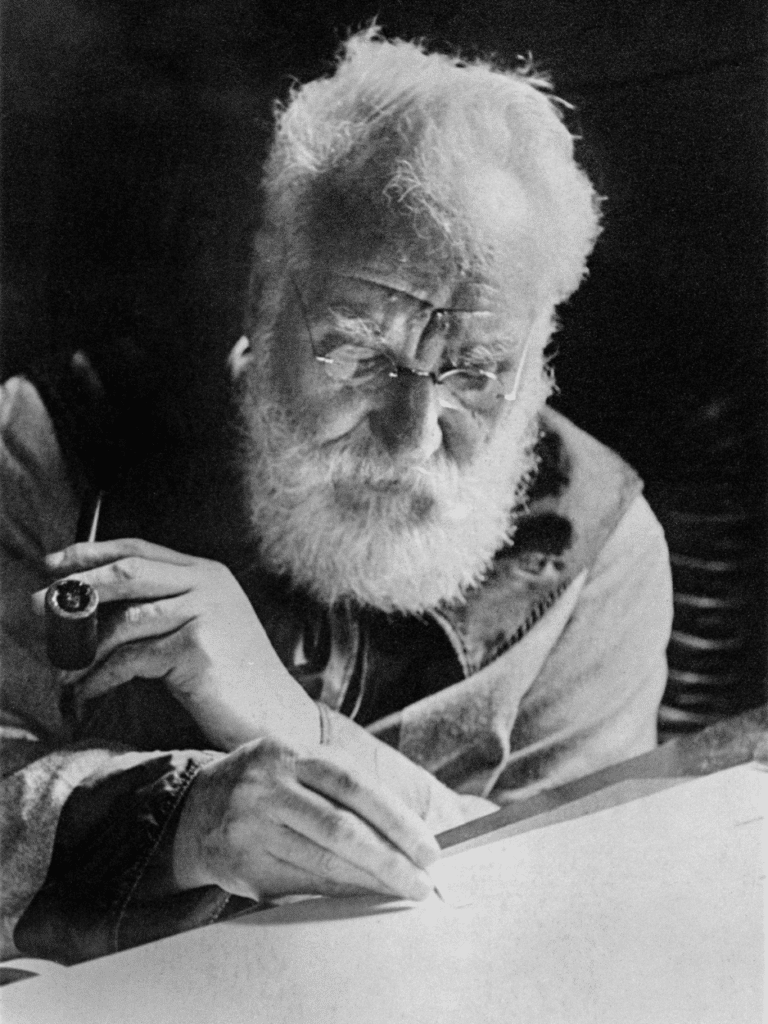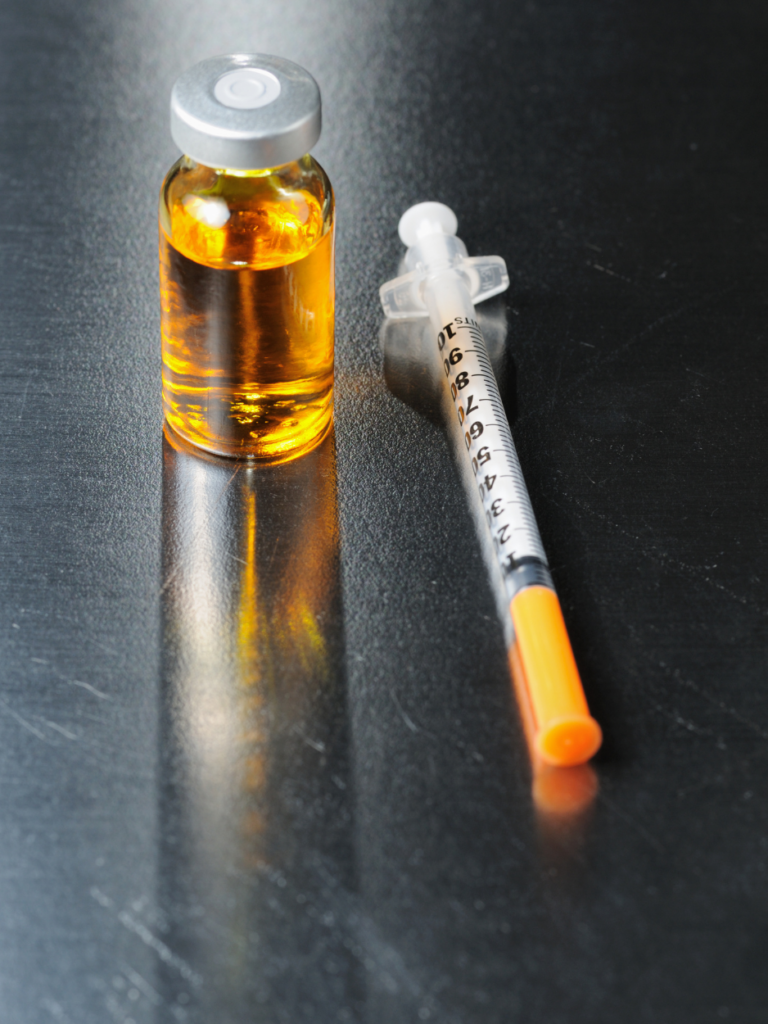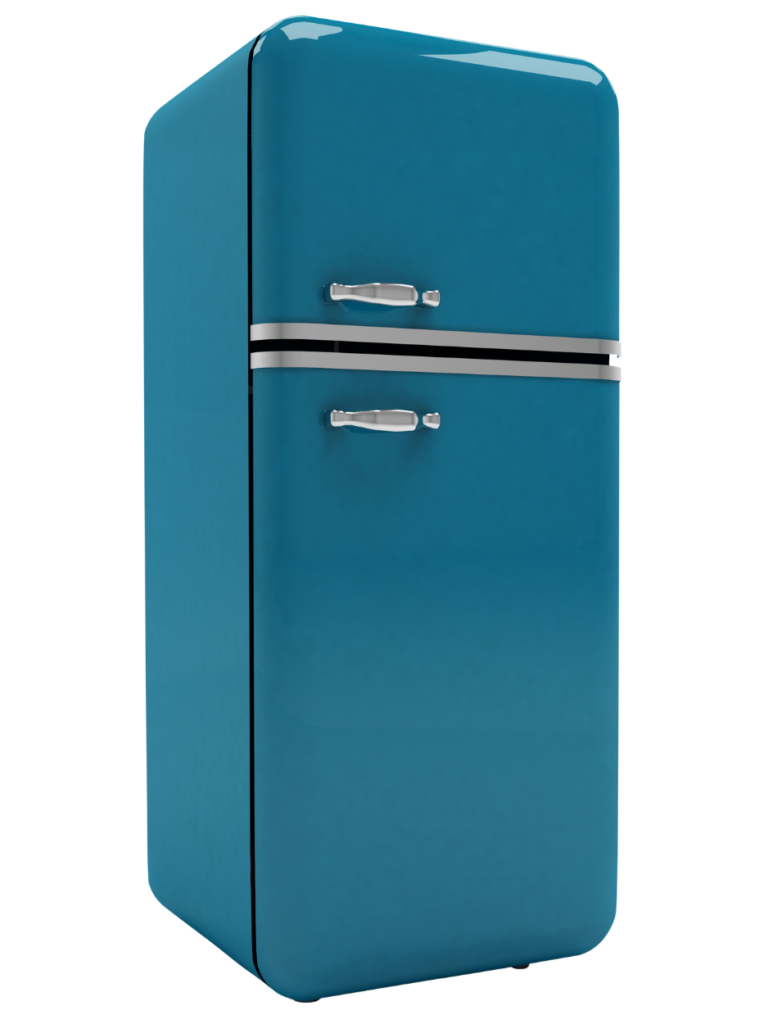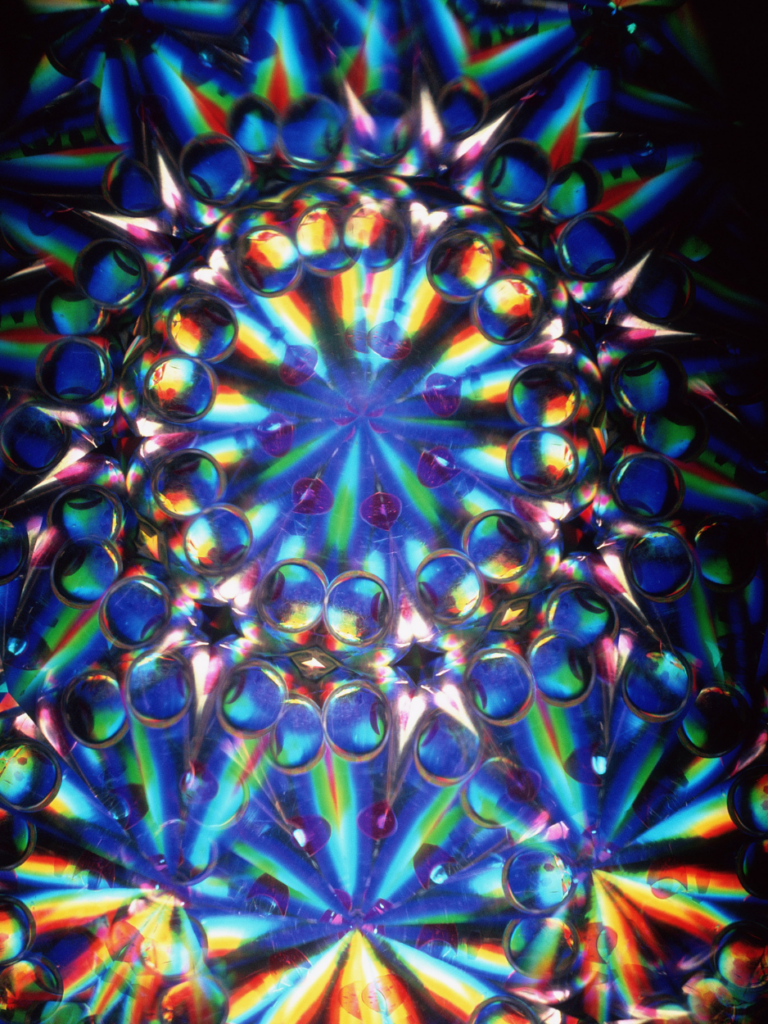When it comes to invention and innovation, Scotland is a nation that’s steeped in history and overflowing with creativity.
The world has been revolutionised time and time again by great Scottish inventors, fuelled by their boundless imagination and inspired creativity. From the television and penicillin, to tidal energy turbines and the toilet, a passion for innovation in Scotland has advanced industry at home and overseas throughout history.
But did the Scots really invent everything? Well, let’s take a closer look and find out.
Telephone
First up, the telephone. Alexander Graham Bell, a
Scottish-born inventor and a seriously hairy bloke,
is widely credited with inventing the telephone. In 1876,
Bell made the first successful telephone call and the rest,
as they say, is history. Bell’s interest in this area stemmed
from the fact that both his mother and his wife were
profoundly deaf. His research on hearing and speech led
him to experiment with hearing devices before later being
granted the first patent for the telephone in 1876.
Interestingly, Bell considered the telephone a nuisance and
an intrusion on his real work and as a result refused to have
one in his study. But did Bell really invent the telephone? Well, that’s a matter of debate, but one thing’s for sure: he was certainly the first person to patent the invention, so we’ll give him that.

Television
It’s tough to imagine life without your favourite TV shows. Whether you’re a binge watcher, or just an occasional viewer, the television is one of the most prominent inventions in the modern world. The next time you flick on your ‘goggle-box’, spare a thought for Scotsman John Logie Baird, the man we have to thank for this wonderful invention. Baird demonstrated the first working television system way back in January 1926 and just two years later he achieved the first transatlantic television transmission. Baird was committed to the television throughout much of his life and was also responsible for inventing the first colour television.
Mammal Cloning
When creating a list of some of Scotland’s greatest innovations,
a sheep may seem like a strange choice. However, there are few
sheep that are quite as special as our Dolly, as she was the
first-ever mammal to be cloned from an adult cell. Known as
‘the world’s most famous sheep’, Dolly was born on 5 July 1996 at
the Roslin Institute, which is part of The University of Edinburgh.
Dolly, who was named after singer Dolly Parton, possibly because of her singing but probably because of her international fame, became famous
the world over and even featured in the prestigious TIME
Magazine. Dolly lived to the age of seven and gave birth to six healthy lambs during her life.

Penicillin
Sir Alexander Fleming is perhaps one of the best known
Scots, thanks to his discovery of penicillin. Fleming was a
recipient of the Nobel Prize and in 2009 was voted the
3rd greatest Scot behind Robert Burns and William
Wallace. What you may not know about this life-saving
discovery is that he happened upon it somewhat by accident.
In fact, Fleming’s general lack of tidiness was to thank for the
discovery. In 1928, while working with the flu virus, Fleming returned to his lab after a prolonged family holiday to find the cultures he had been working on stacked in a corner in his laboratory. Noticing unusual changes in the cultures Fleming used them to isolate the penicillin, marking the start of modern antibiotics.

MRI Scanner
The MRI (Magnetic Resonance Imaging) scanner is an incredibly important piece of technology in the medical world, which has had a major impact on how we view the human body. The breakthrough for the MRI scanner was made by a team working at the University of Aberdeen. In 1980 the team obtained the first clinically useful image of a patient’s internal tissues. Nowadays the MRI is considered to be a safer diagnostic tool than X-rays, and is more useful for soft tissue imaging. The device works by building up a picture of the human body using high frequency radio signals.
Refrigerator

Scotsman William Cullen, who was born way back in 1710, is
the man we have to thank for the invention of the refrigerator.
Its introduction fundamentally changed the way people around
the world were able to store and transport food. The fridge
opened up new tastes from far off lands and helped prolong the
life of perishable food items. Cullen demonstrated his discovery
at Glasgow University in 1748, though at the time no effort was
made to commercialise the invention. Today there are more than
1.4 billion refrigerators in use across the globe.
Disposable Contact Lenses
The invention of the daily disposable contact lens
completely revolutionised the world of optics and
changed the lives of countless millions of people with
vision impairment. The son of a west coast curling
stone manufacturer, Scottish-born Ron Hamilton
developed the disposable lens in 1995 while working
from a makeshift laboratory in his back garden.

ATM (Automatic Teller Machine)
Ever been stuck in the pub without a penny left in your pocket but with the craving of a kebab to finish off the night? Well, thanks to us Scots, in 1966, James Goodfellow from Paisley in the West of Scotland, invented the first ATM or “the hole in the wall” as we like to call it in Scotland, and so ending these terrible first world dilemmas.
Colour Photograph
James Clerk Maxwell is most well-known as the father of modern physics, with his name commonly mentioned in the same breath as those of Albert Einstein and Isaac Newton, but he was also responsible for the world’s first colour photograph. In 1855, Maxwell introduced the world to the ‘three colour process’ and just a few short years later, while giving a lecture on something completely unrelated, he displayed the first colour photograph to the world.
Kaleidoscope
No, not the Netflix series, the kid´s toy that was invented by
Sir David Brewster in 1816 (Not sure what drugs he was on
when he came up with this). Born in the small Scottish
country town of Jedburgh, Brewster was uncannily intelligent
– building his own telescope from scratch aged just 10 years
old and this early interest in optics continued throughout his
life. Incredibly, due to an error at the patent office, Brewster’s
invention was allowed to be quickly and crudely copied by
opportunistic entrepreneurs, meaning that he saw little of the
financial rewards.

Flushing Toilet
The bog, the loo, the crapper, the John. Yes, us Scots have really thought of everything – we can’t even answer the call of nature without thinking of ways to perfect it. Flushing toilets have actually existed in some form for thousands of years – the ancient Neolithic site of Skara Brae on Scotland’s Orkney Islands being one example. However, it wasn’t until 1755 when Scottish mechanic Alexander Cumming developed the ‘S bend’ – an invention still in use today. The invention uses standing water to block out foul smells from the connecting sewers.
Hypodermic Syringe
These days, the use of hypodermic needles in medicine is common-place. Whether it’s an immunisation, giving blood, or receiving an injection of some kind, countless millions of people around the world have experienced the sharp prick of a hypodermic needle. This revolutionary invention is all thanks to Scottish physician, Alexander Wood, who developed the first hypodermic needle in 1853. Wood actually came up with the idea for the device by studying how a bee delivers its sting.
Fingerprinting
In the world of cutting-edge forensic science, the use of fingerprints to identify criminals is common-place, but there was a time when this practice was the very pinnacle of criminal investigation. The idea of using fingerprinting for use in identifying criminals belongs to Scottish doctor, Henry Faulds, who first suggested it back in 1880. He came up with the idea while working on archaeological digs in Japan and noticing finger prints on shards of ancient pottery.
Steam Engine
And “what” about the steam engine? Exactly, Watt, James Watt, the Scottish inventor, engineer and chemist was one of the true pioneers of the industrial revolution. His improvements on the steam engine in 1776 changed industry both at home and around the world. His introduction of a separate condenser helped avoid needless energy waste, making steam engines everywhere more powerful, more efficient and more cost-effective. A popular myth about Watt is that he came up with the idea of the power of steam while watching his mother’s kettle boil and seeing the steam raise the lid.

Vacuum Flask
What’s not to love about the vacuum flask? It keeps your hot
drinks hot, it keeps your cold drinks cold – picnic baskets around
the world simply wouldn’t be the same without it! Well, the
next time you’re pouring a drink from your flask, raise one of
those cups to Sir James Dewar – the Scotsman who invented it
back in 1892. Amazingly, Dewar actually stumbled upon the
invention while working in the field of cryogenics. Though most
commonly known as a household item, the vacuum flask also
revolutionised then scientific world, becoming a significant tool for chemical experiments.

Pneumatic Tyre
Few names are more synonymous with a product than the name Dunlop is with tyres – but did you know that the pneumatic tyre you find on every bike or car was invented by a Scotsman. Yes, the name behind Dunlop’s famous tyres is that of John Boyd Dunlop, who was born in Ayrshire. Dunlop was actually a veterinary surgeon by trade, running a hugely successful practice, but it was his attempts to make pneumatic tyres for his son’s tricycle that made him famous. Dunlop’s invention was picked up by a group of cyclists, who instantly began winning races and the success of the design quickly spread.
Deep Fried Mars Bars
This delicious snack is said to have been invented by a Scottish chip shop owner in the 1980s. Legend has it that the owner, who was looking for a new way to attract customers, decided to deep-fry a Mars bar and serve it as a snack. And so, the deep-fried Mars bar was born.

In conclusion, did the Scots invent everything? Well, not exactly. But one thing’s for sure: Scotland has a rich history of innovation and creativity, and the Scots have made a huge contribution to the world in many different fields. So, whether it’s the telephone, the television, the steam engine or the deep-fried Mars bar, Scotland has a lot to be proud of. And that’s a fact, not just a load of pish!
Glossary
All the words in the blog highlighted in RED are explained below :
to steep – steeped (v. past) – surround or fill with a quality
overflowing (adj) – so full that the contents go over the sides
boundless (adj) – unlimited
overseas (n) – in a foreign country across the sea/ocean
to stem from – stemmed from (v. past) – to originate from
deaf (adj) – without the ability to hear
to grant – granted (v. past) – to allow someone to do something
nuisance (n) – something that bothers you
tough (adj) – difficult
to binge (v) – to do an activity in excess
prestigious (adj.) – inspiring respect and admiration
tidiness (n) – the quality of having things organised
to prolong – prolonged (v. past) – to make something last longer in time
to stack – stacked (v. past) – to put one thing on top of another
breakthrough (n) – a major discovery
perishable (adj.) – likely to go bad quickly
impairment (n) – a disability that stops you doing something
makeshift (adj.) – acting as a temporary measure
stuck (adj.) – to be blocked
craving (n) – something you desire immediately
uncannily (adv.) – in a strange or mysterious way
scratch (n) – from the beginning
crudely (adv.) – in a rudimentary way
opportunistic (adj.) – taking an opportunity
countless (adj.) – so many that you can´t count
cutting-edge (adj.) – the lastest technology
pinnacle (n) – the highest point
to stumble – stumbled (v. past) – to unexpectedly come across or find
trade (n) – profession
snack (n) – something small you eat between meals
pish (adj.) – rubbish
